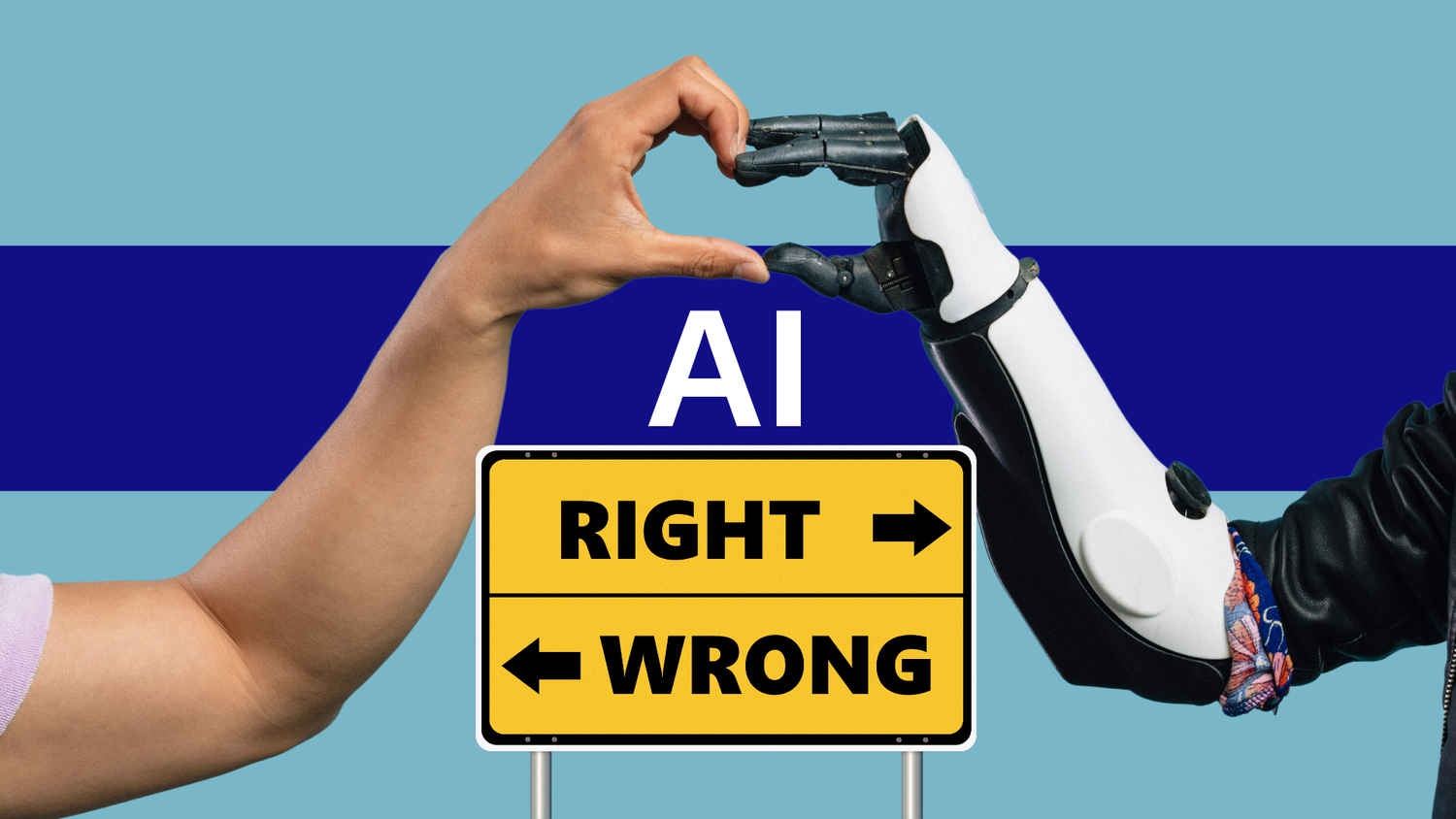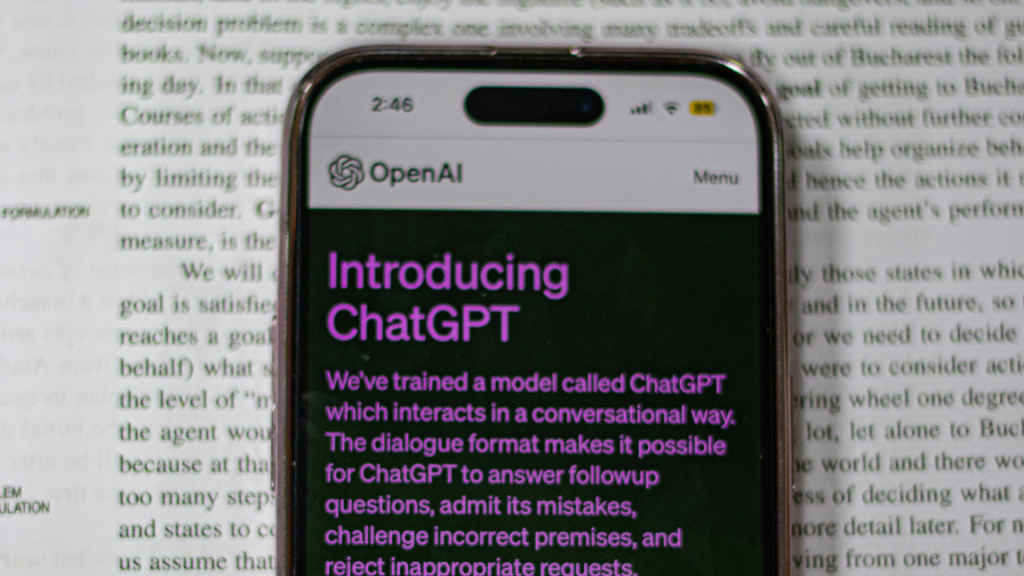What does OpenAI researcher’s death tell us about the ugly side of AI?

In a chilling turn of events, Suchir Balaji, a former OpenAI researcher, was found dead in his San Francisco apartment on November 26, 2024. Balaji had recently made headlines by accusing OpenAI of unethical data practices. Now, Balaji’s death has raised unsettling questions about the risks faced by whistleblowers and the ethical accountability of AI giants. His final posts, which accused OpenAI of foul practices and a gross violation of privacy norms, now resonate with an ominous weight, leaving the world to ask the question – What is the price we are paying to make AI better?
What happened with the former OpenAI researcher?
Suchir Balaji, an Indian-American AI researcher, was discovered deceased under circumstances that authorities have yet to fully disclose. Prior to his death, Balaji had been vocal about OpenAI’s alleged misuse of data. In his final post on X (formerly Twitter), he criticised the company for foul practices and a disregard for user privacy.”Balaji’s allegations centred on OpenAI’s purported unauthorised use of personal data to train its AI models, a claim that has raised serious ethical and legal questions.
I recently participated in a NYT story about fair use and generative AI, and why I'm skeptical "fair use" would be a plausible defense for a lot of generative AI products. I also wrote a blog post (https://t.co/xhiVyCk2Vk) about the nitty-gritty details of fair use and why I…
— Suchir Balaji (@suchirbalaji) October 23, 2024
Balaji’s criticisms were not new but carried the weight of an insider’s perspective. His accusations against OpenAI included claims of harvesting sensitive user data without consent and deploying it in ways that could potentially violate global data protection laws. His demise has left many wondering if his role as a whistleblower put him in harm’s way. While officials have yet to confirm foul play, the timing of his death has sparked widespread speculation and conspiracy theories online.
Balaji’s death is also being mourned in the tech community, where he was recognised as a brilliant mind dedicated to pushing the boundaries of AI. His tragic passing has led to an outpouring of tributes, alongside calls for greater transparency in the practices of AI companies like OpenAI. The incident raises significant questions about the treatment of whistleblowers and the responsibility of corporations to safeguard those who expose wrongdoing.
The shady practices behind closed doors at OpenAI
OpenAI has faced multiple accusations of data theft and privacy violations in recent years, adding to the gravity of Balaji’s claims. In July 2024, a privacy complaint was filed against OpenAI’s ChatGPT in the European Union, alleging breaches of data protection laws. The complaint argued that ChatGPT unlawfully processed personal data without proper consent, violating the General Data Protection Regulation (GDPR).
One of the central issues is OpenAI’s alleged scraping of publicly available data to train its models. Critics argue that while some data may be publicly accessible, its use in AI training constitutes a breach of privacy and intellectual property rights. The legal challenges have highlighted the blurred lines between publicly available data and ethical AI practices. Further compounding these issues, OpenAI was accused of deleting data pertinent to a copyright lawsuit. The lawsuit claimed that OpenAI’s models were trained on copyrighted material without authorisation, leading to concerns about intellectual property rights and the ethical use of data. This alleged act of data deletion has drawn sharp criticism, with some accusing OpenAI of attempting to evade accountability.

In November 2024, major Canadian news media companies initiated legal action against OpenAI, accusing it of using their content without permission to train AI models. This lawsuit underscored the growing tension between AI developers and content creators over data usage rights. The case has garnered significant media attention and could set a precedent for future AI-related legal battles. Additionally, the Austrian organisation NOYB (None of Your Business) filed a complaint against OpenAI, alleging that the company violated data protection laws by scraping personal data from the internet without consent.
Recently, in our own backyard, we saw ANI file a lawsuit against OpenAI for unauthorised use of its content. Following that incident, and many others mentioned here, as highlighted in our article covering the lawsuit, “Several major publishers have taken a collaborative approach and have already signed a licensing deal with Open AI to monetise their content. These include the likes of Associated Press, Financial Times, and Axel Springer, the German publisher of Politico and Business Insider.”
These legal challenges highlight the complex landscape of data privacy in the age of AI. OpenAI has denied any wrongdoing, stating that its data collection practices comply with applicable laws and regulations. However, these assurances have done little to quell public scepticism. The controversy has not only put OpenAI under the spotlight but has also raised broader questions about the ethical practices of AI companies. As AI becomes increasingly integrated into our daily lives, the need for robust regulatory frameworks to govern data usage has never been more apparent.

OpenAI is not the only one stealing data for training AI models
The controversy surrounding data misuse is not exclusive to OpenAI. Other tech giants have faced similar allegations, indicating a widespread issue within the AI industry. Salesforce’s CEO recently acknowledged that AI models are often trained on data obtained without proper authorisation, reflecting a broader industry problem. In another instance, Midjourney accused Stability AI of stealing data for AI training purposes, leading to legal disputes over data ownership and consent. The lawsuit highlighted the competitive pressures in the AI industry, where companies often push ethical boundaries to gain an edge. Stability AI denied the allegations, but the case has drawn attention to the murky ethics of data usage in AI development.
Moreover, reports revealed that companies like Apple, Nvidia, and Anthropic used thousands of YouTube videos without creators’ knowledge to train AI models. This practice has raised ethical concerns about the exploitation of creators’ content without fair compensation. Critics argue that such practices undermine the intellectual property rights of content creators and set a dangerous precedent for the future of digital media. The widespread use of personal data scraped from the web to train AI models has prompted discussions about privacy and consent. Individuals’ personal information is often utilised without their knowledge, leading to potential violations of privacy rights. This issue is particularly concerning given the sensitive nature of some of the data being used, including medical records, social media activity, and financial information.
Also Read: Be careful what you wish for about AI
The issue of data misuse extends to the realm of cybersecurity. AI models are susceptible to data poisoning attacks, where malicious actors manipulate training data to compromise AI systems. This vulnerability poses significant risks to the integrity and security of AI applications. Experts warn that as AI systems become more sophisticated, the stakes of data misuse and cybersecurity breaches will only grow. In light of these challenges, experts advocate for stricter regulations and ethical guidelines to govern the use of personal data in AI training. Ensuring transparency, accountability, and respect for individuals’ privacy rights is crucial as AI continues to evolve and integrate into various aspects of society.

Is this it?
The death of Suchir Balaji has intensified scrutiny on OpenAI and the broader AI industry’s data practices. While investigations into his death continue, the incident serves as a stark reminder of the ethical dilemmas and responsibilities that accompany technological advancement. The fallout from Balaji’s allegations has already prompted calls for greater oversight of AI companies and their data collection practices.
For OpenAI, the stakes are high. As one of the leading companies in the AI space, its reputation is closely tied to public trust. The ongoing legal challenges and accusations of unethical practices threaten to erode that trust. To address these concerns, OpenAI must demonstrate a commitment to ethical practices and transparency. This includes providing clear explanations of how data is collected and used, as well as ensuring compliance with global data protection laws. At a broader level, the AI industry faces a critical juncture. The rapid pace of AI development has outpaced regulatory frameworks, leaving significant gaps in oversight. Policymakers must act swiftly to address these gaps and establish robust guidelines for data usage in AI training. This includes creating mechanisms for accountability and ensuring that individuals’ privacy rights are protected.
The tragedy of Suchir Balaji’s death also underscores the importance of protecting whistleblowers who expose unethical practices. Whistleblowers play a vital role in holding corporations accountable, but they often face significant risks in doing so. Establishing stronger legal protections for whistleblowers is essential to fostering a culture of transparency and accountability within the tech industry. As the world grapples with the ethical implications of AI, Balaji’s story serves as a powerful reminder of the need for vigilance and accountability. The challenges of data privacy and ethical AI practices are complex, but they are not insurmountable. By addressing these issues head-on, the tech industry has an opportunity to build a future where innovation is guided by principles of fairness, transparency, and respect for human rights.
Satvik Pandey
Satvik Pandey, is a self-professed Steve Jobs (not Apple) fanboy, a science & tech writer, and a sports addict. At Digit, he works as a Deputy Features Editor, and manages the daily functioning of the magazine. He also reviews audio-products (speakers, headphones, soundbars, etc.), smartwatches, projectors, and everything else that he can get his hands on. A media and communications graduate, Satvik is also an avid shutterbug, and when he's not working or gaming, he can be found fiddling with any camera he can get his hands on and helping produce videos – which means he spends an awful amount of time in our studio. His game of choice is Counter-Strike, and he's still attempting to turn pro. He can talk your ear off about the game, and we'd strongly advise you to steer clear of the topic unless you too are a CS junkie. View Full Profile




